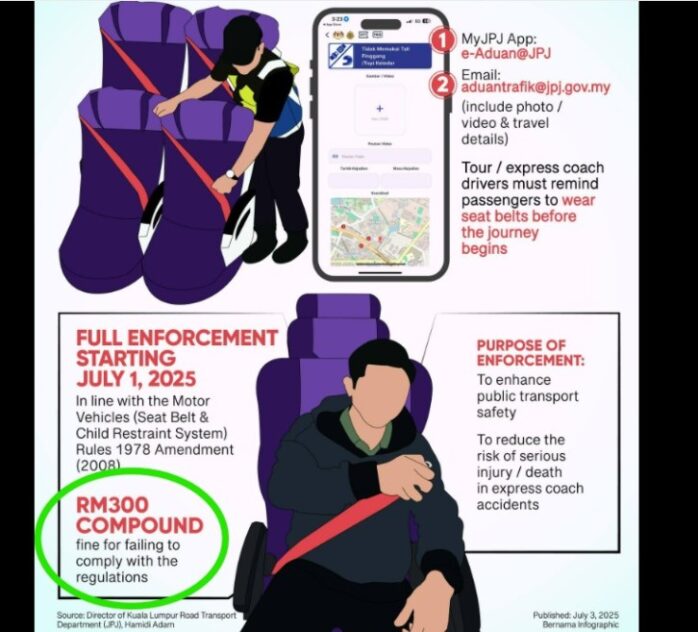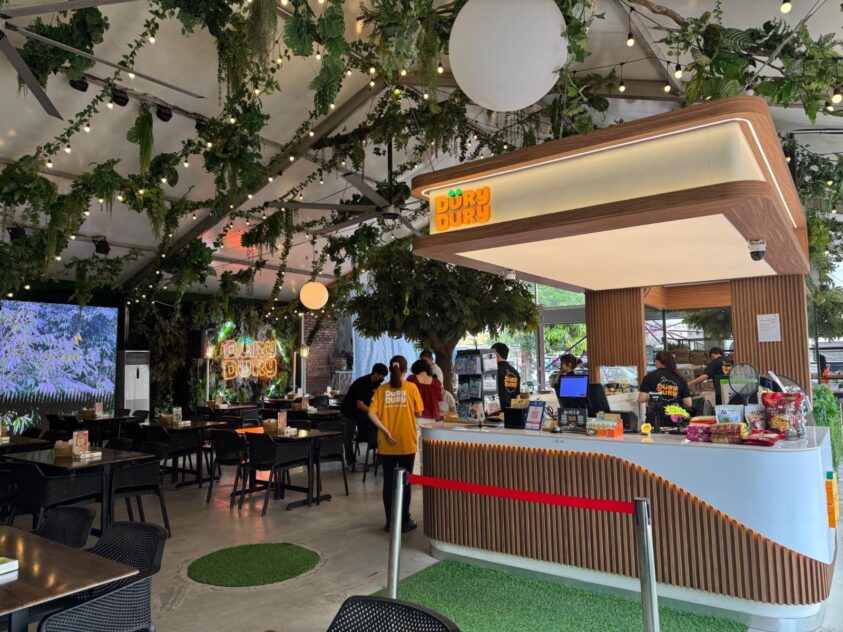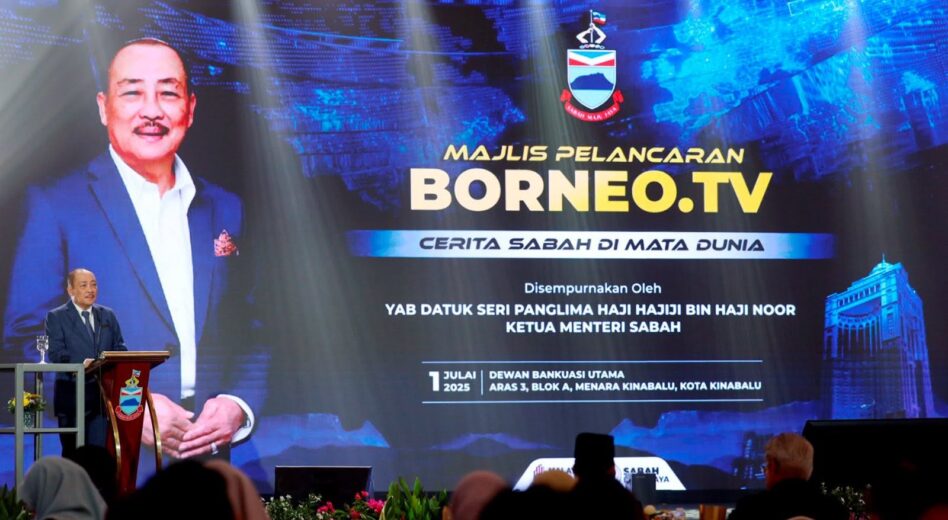SYMPATHY aside, there seems to be a plot twist to the fate of up to 700-strong so-called TikTok Malaysia’s content moderators based in its Kuala Lumpur Sentral headquarters who are said to be overseeing the social media platform’s site security.
“I’m sorry that many have lost their jobs but we have heard how these Malaysian moderators being biased in moderating the content of TikTok,” reacted human rights activist and lawyer Siti Kasim in a Facebook post. “Facebook should look into their staff here too.
The Orang Asli advocate was commenting on local media reports of short form video content sharing platform owned by Chinese firm ByteDance confirmed having laid off several hundred staff in the country as part of its global workforce reduction.
The exercise which abides by the Malaysian labour law whereby all affected staff will be duly compensated comes about as the company plans to invest US$2 bil (RM4.29 bil) globally in AI-powered trust and safety initiatives to improve the efficiency and impact of its content moderation efforts.
This is where the sentiment raised by Siti Kassim resonates with sone of her followers – whereby their mostly speaking by experience views can be summed up in one word – retribution. Below are some self-explanatory feedback.
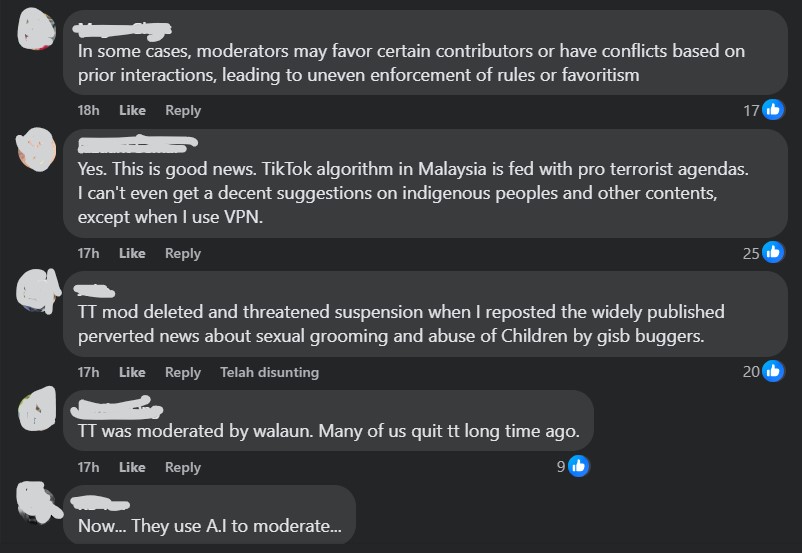
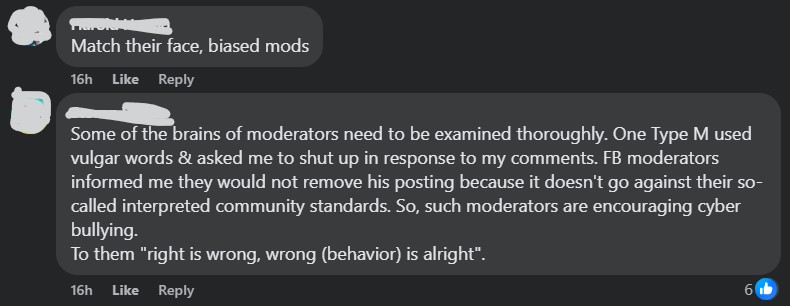
With some stating that Facebook, should also do some self-reflection by eradicating biasness in its content moderating exercise.

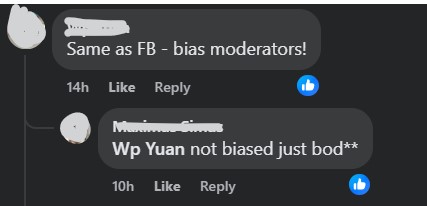
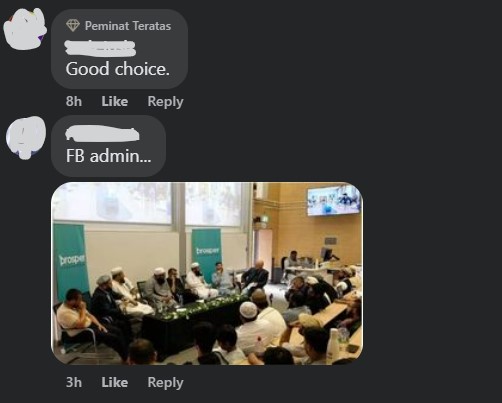
In fact, the above criticism is understandable considering that TikTok had in June revealed that the Madani government submitted the highest number of takedown requests worldwide in 2023.
In its bi-annual Government Removal Requests Report, TikTok said Putrajaya requested 1,862 content takedowns in 2H 2023, a huge 447.6% jump from only 340 in 1H 2023.
In comparison, Australia ranked second globally in government content takedown requests with 470 requests submitted in 1H 2023 and 651 in 2H 2023, representing a 38.5% increase.
In Southeast Asia, TikTok data showed that Indonesia only requested 351 takedown requests on 2H 2023, followed by Vietnam with 138, Philippines (113), Thailand (70), Singapore (47) and Cambodia (seven).
Meanwhile, between January and June 2024, Meta Platforms Inc restricted about 3,100 pages and posts on its Facebook and Instagram platforms from being viewed by users in Malaysia because they were reported to have allegedly violated local laws, according to data published in the firm’s twice-yearly Transparency Report.
The figure was six times higher than in the previous half-year period and the highest since the company began reporting content restrictions in Malaysia in 2017. – Oct 12, 2024




